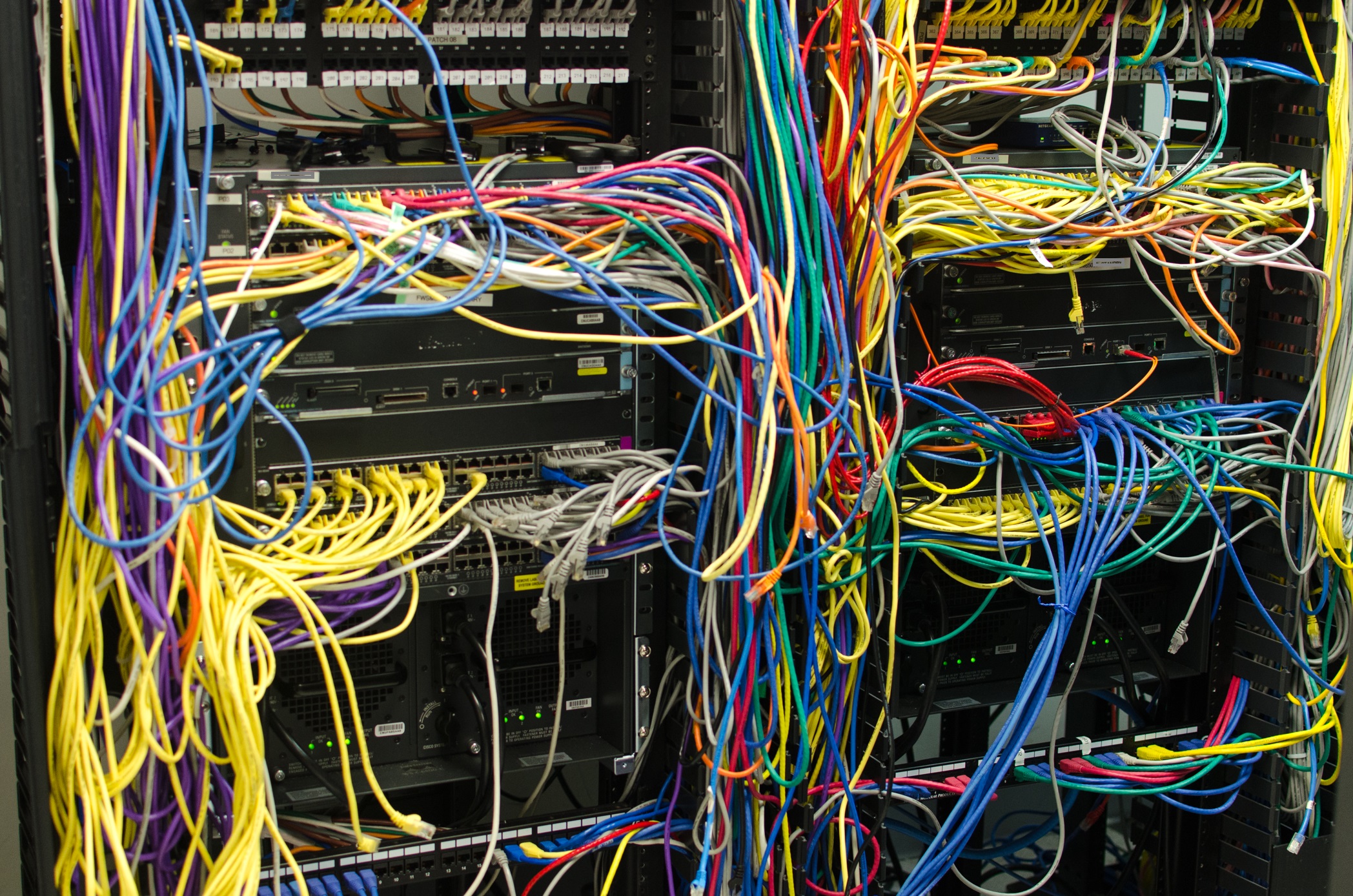
“Everybody in a fun environment knows more of each other.” We interact at a human – not only utilitarian – level to form social spaces in which we can build friendships that foster and reinforce the trust we have in each other’s work.

“Everybody in a fun environment knows more of each other.” We interact at a human – not only utilitarian – level to form social spaces in which we can build friendships that foster and reinforce the trust we have in each other’s work.

“I knew them very well. That’s why it worked. Because we do work together.” We take responsibility for our own learning, yet keenly aware of the value for learning of engaging with others. It is when we find ourselves alone or isolated that we may best perceive the value of connecting with others for learning.

“[…] you learn that you are not alone in dealing with a technical problem and sometimes you just need a second technical opinion. Sometimes, it does help if you listen to people who see it from a totally different perspective. To give you an example: [suppliers] are the providers of equipment and we are the demand side.

“We came to understand because we have very good global connections.” How do we connect with other people, with other member organizations in the network, and with those external to it? How do we form and leverage networks? Where is learning in these networks? Beyond utilitarian purposes, how do connections with our colleagues and their organizations enrich our experience? We cannot afford to remain insular and inward-looking.

Where some believe that the value of their network is based on its exclusivity, connectors are people in the organization who have developed large networks of people and who see their role in introducing people in their network to each other. This connector role is closely related to the knowledge brokering process that recombines existing knowledge and facilitates knowledge transfer.

Our network function requires that we interact with the network. We observe profound changes in the nature of knowledge, how it circulates, and this affects how we work (learn). Members in the network, too, have changed. We struggle to keep up with and adapt to these changes. In working with them, we prioritize results against their own expectations as well as those of donors and governments.

When our organization’s hierarchy prohibits direct contact with the field, indirect and informal contact becomes more important than ever. Global and regional meetings, bilateral programmes, and various kinds of informal events provide opportunities for staying in touch.

The complexity of the networks in which our organization operates is scaffolded by a corpus of mostly-unwritten, tacit knowledge and ‘ways of working’ that we learn mostly from our peers.

Leave the global functions to headquarters, and shift responsibility for the field to those who are actually there (or close by). It sounds perfectly sensible. And, in fact, it is an approach to decentralization adopted by some organizations. What are its implications for learning strategy?

We sit at the hub of a distributed network. In the past, only some organizations sought to organize as networks – those that had to bring together, federate or otherwise affiliate disparate groups characterized by diversity. Today, an organization that does not distribute its functions is unlikely to leverage its network. Learning strategy therefore carefully considers how to decentralize the means while sharpening the aim.